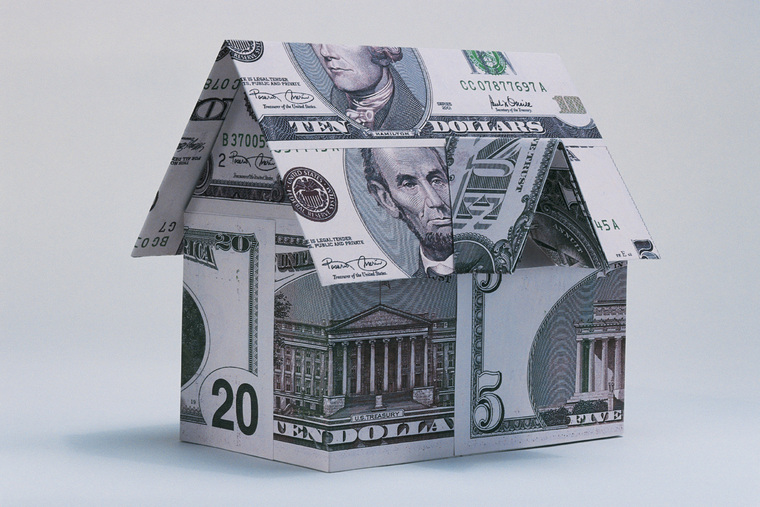 This article originally appeared in Times of San Diego
This article originally appeared in Times of San Diego
The housing market is predominantly very strong and more and more people are becoming homeowners. While there are many intangible benefits to owning a home, such as pride of ownership and setting down roots in the neighborhood, the tangible benefits are just as great. In addition to benefitting from possible appreciation, there are many tax deductions available that help reduce your annual income taxes.
Tax breaks are available for any type of home — single-family residence, town house, mobile home, or condominium. However, to take full tax advantage of owning a home, property owners need to understand the expenses they can deduct, and learn some tips to get the most tax advantages out of home ownership.
Mortgage Interest
A house payment is comprised of two parts: principal and interest. The principal goes toward reducing the amount you owe on your loan and is not deductible. However, the interest you pay is deductible as an itemized expense on your tax return. You can generally deduct interest on the first $1 million of your mortgage. You can also deduct interest on the first $100,000 of a home equity loan.
Property Taxes
Another big part of most monthly loan payments is taxes, which go into an escrow account for payment when the taxes are due. This amount should be included on the annual statement homeowners get from their lenders, along with their loan interest information. These taxes will be an annual deduction as long as the home is owned.
Home Improvements
If using a home equity loan or other loan secured by a home to finance home improvements, these loans will qualify for the same mortgage interest deductions as the main mortgage. Only the interest associated with the first $100,000 is deductible.Making improvements on a home can help you reduce your taxes in two possible ways:
- Tracking home improvements can help when the time comes to sell. If a home sells for more than it was purchased for, that extra money is considered taxable income. You are allowed to add capital improvements to the cost/tax basis of your home. If a home sells for more than it was purchased for plus any capital improvements, that extra money is considered taxable income. Keep in mind that most taxpayers are exempted from paying taxes on the first $250,000 (for single filers) and $500,000 (for joint filers) of gains.
Home Office Deduction
If a homeowner works from home, they can take a deduction for the room or space used as an office. This includes working from a garage, as well as a typical office space.
This deduction can include expenses like mortgage interest, insurance, utilities, and repairs, and is calculated based on “the percentage of your home devoted to your business activities,” according to the IRS.
Home Energy Tax Credits
For homeowners looking to make their home a little greener, the Residential Energy Efficient Property Credit can help offset the cost of energy efficiency improvements. People who install solar panels most commonly take advantage of this credit. Homeowners can save up to 30 percent of the total cost of installing certain renewable energy sources in their home. Even better, this is a credit, which means it directly lowers a homeowner’s tax bill.
Of course, every homeowner’s financial situation is different, so please consult with a tax professional regarding your individual tax liability.
For more information on Windermere Evergreen and our team, please contact us here.
 Facebook
Facebook
 X
X
 Pinterest
Pinterest
 Copy Link
Copy Link
